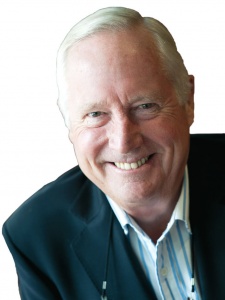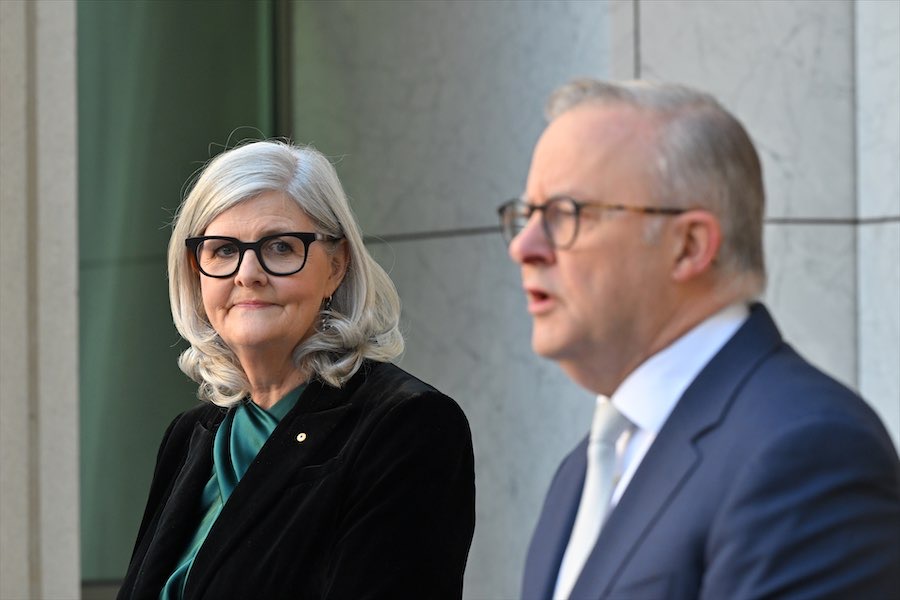AUSTRALIA is constantly changing, in some areas more than in others. For example, where once Easter was considered even more “sacred” than Christmas, these days it’s more often the last long weekend down the coast before winter’s chills.

This was brought home powerfully to me in the last two years as I’ve explored our Special Forces history since World War II for my magnum opus, “Warrior Elite”, to be published in July.
Though I’d been a personal staffer to a prime minister, a war historian and the biographer of three former SAS operators, I was unprepared for my induction into the world of military security and civilian intelligence as part of the research and writing of the book.
I discovered that our defence strategy is approaching a dangerous intersection; and the decisions facing us have special implications for the traditional “five-eyes” relationship that has both served and shackled Australia’s priorities since Federation.
Our alliance with Britain, the US, Canada and NZ is based upon “shared values”. But whether it should continue in its present form is becoming food for debate.
Australia’s defence priorities are very different from Britain’s. This became glaringly obvious in World War II when both nations were fighting for survival. Prime Minister John Curtin’s plea to America “free of any pangs as to our traditional links or kinship with the United Kingdom” was a dramatic assertion that national self-interest trumps “shared values” in defence of the realm.
Nevertheless, it was to the US, another member of the Anglosphere, that he turned for rescue.
But America’s subsequent, ill-judged military endeavours in Asia and the Middle East have provided battlegrounds for Australia’s forces over the last half century. And it is America’s imperial pretensions that have created serious complications in Australia’s relations with China and arguably affected the development of open-hearted, neighbourly relations with the Muslim nations of Indonesia and Malaysia.
This is not America’s fault. Australia has an untrammelled right to an independent foreign and defence policy. It is also a proudly multi-cultural community. But the cosmopolitan nature of its population has yet to be reflected in its political and defence establishment. Their firm attachment to an Anglophile past has largely calcified to a choice between Indonesia and China as potential threats.
But in the last two decades any perceived threat to the homeland became less urgent than the political need to march in step with America in the Middle East as ISIS rose and metastasised. And as the contagion spreads, alliances are in flux worldwide. But Australia remains locked in its Anglophile past.
Perhaps it’s time we asked ourselves whether it’s wise to persist in seeking our nationhood at Anzac Cove, and in the shadow of a foreign monarch who is also the head of a Christian church. Perhaps now is the time to embrace our cosmopolitan population, our secular values and our geographical good fortune in a new notion of defence and security in this brave new world of the 21st century.
Who can be trusted?
In a world of spin and confusion, there’s never been a more important time to support independent journalism in Canberra.
If you trust our work online and want to enforce the power of independent voices, I invite you to make a small contribution.
Every dollar of support is invested back into our journalism to help keep citynews.com.au strong and free.
Thank you,
Ian Meikle, editor




Leave a Reply